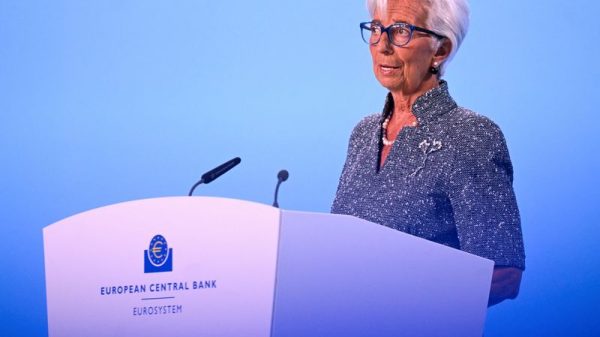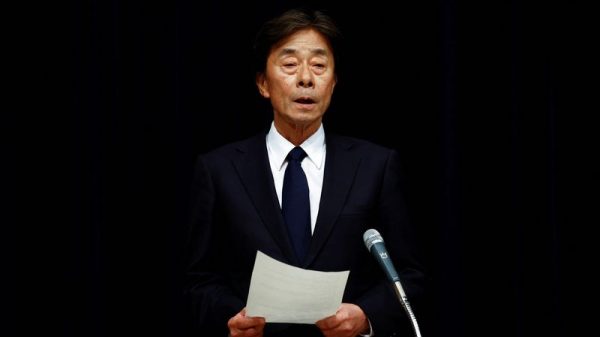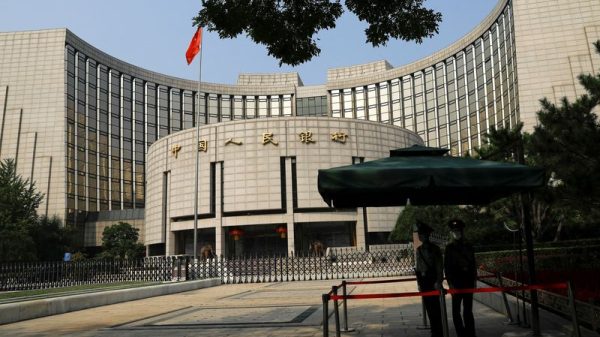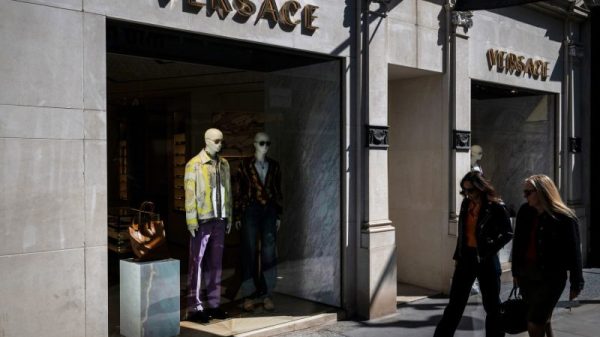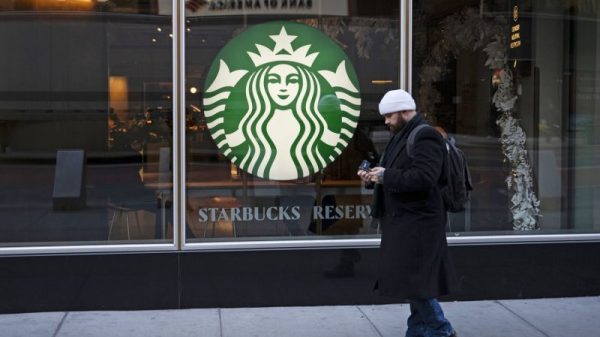French Taxation: A Challenge for British Second Home Owners
Introduction:
In recent years, British citizens have increasingly sought solace and tranquility in owning second homes abroad. France, with its picturesque landscapes and charming countryside, has been a popular choice for many. However, the dream of owning a second home in France has recently been marred by the introduction of new tax regulations. This article delves into the challenges faced by British second home owners in France and explores the implications of French taxation on their investments.
1. The Appeal of Second Homes in France:
Owning a second home in France has long been a symbol of luxury and escape for British citizens. The allure of quaint villages, vineyards, and the Mediterranean coastline has drawn many to invest in properties across the Channel. These homes serve as retreats, holiday getaways, or even potential retirement destinations.
2. The Impact of French Taxation:
Unfortunately, the dream of owning a second home in France has become increasingly burdensome due to the introduction of new tax regulations. British second home owners are now grappling with additional financial obligations, which have added to their woes. The French government’s aim to generate revenue from non-resident property owners has led to a series of tax reforms that directly affect British citizens.
3. Wealth Tax and Capital Gains Tax:
One of the key taxes that British second home owners face is the French Wealth Tax, also known as Impôt de Solidarité sur la Fortune (ISF). This tax is levied on individuals with assets exceeding a certain threshold, including properties. Additionally, capital gains tax is applicable when selling a second home in France, further impacting the financial viability of such investments.
4. The Impact on British Second Home Owners:
The introduction of these taxes has left many British second home owners in a state of uncertainty and frustration. Some have been forced to reconsider their investment plans, while others are left grappling with the financial implications of these additional tax burdens. The dream of owning a second home in France has become a more complex and costly endeavor.
5. Seeking Expert Advice:
Given the complexities of French taxation, it is crucial for British second home owners to seek professional advice to navigate through the intricacies of the system. Consulting tax experts who specialize in international property investments can provide valuable insights and help mitigate the impact of these taxes.
6. Exploring Alternatives:
As the challenges of owning a second home in France increase, some British citizens are exploring alternative destinations for their investments. Countries with more favorable tax regimes, such as Portugal or Spain, are gaining popularity among those seeking a second home abroad.
Conclusion:
The introduction of new tax regulations in France has undoubtedly added to the woes of British second home owners. The dream of owning a second home in the picturesque French countryside has become a more complex and financially burdensome endeavor. However, with careful planning and expert advice, it is still possible to navigate through these challenges and make the most of second home investments in France.



